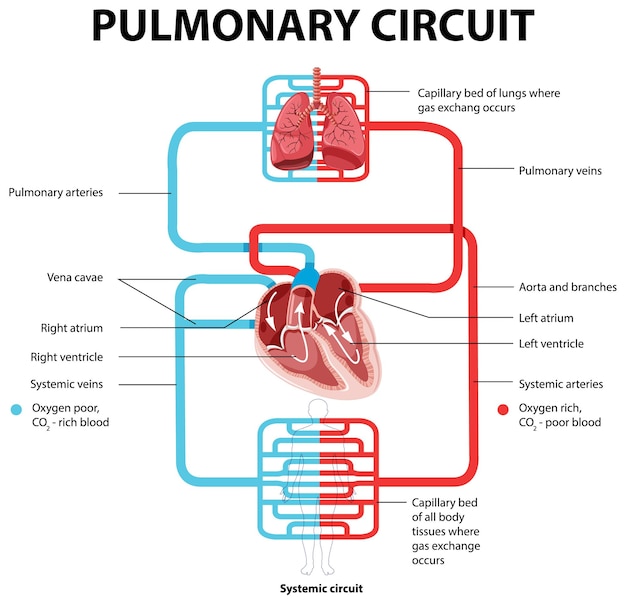For decades, beta blockers have been a cornerstone of post-heart attack treatment. Prescribed to millions worldwide, these medications are intended to reduce strain on the heart, lower blood pressure, and prevent future cardiovascular events. But emerging research is challenging long-held medical assumptions—raising critical questions about their universal use, especially in patients with normal heart function and among women.

Beta blockers, also known as beta-adrenergic blocking agents, work by blocking the effects of adrenaline on the heart. This action slows the heart rate, reduces blood pressure, and decreases the heart’s workload. Since the 1960s, they’ve been widely used to treat conditions such as high blood pressure, angina, arrhythmias, and heart failure.
After a heart attack, beta blockers have traditionally been prescribed to improve survival rates by preventing further cardiac stress and reducing the risk of sudden cardiac death. For years, clinical guidelines recommended their use for nearly all heart attack survivors, regardless of their heart’s pumping function.
Recent large-scale studies are casting doubt on the blanket use of beta blockers post-heart attack. A growing body of evidence suggests that for patients whose heart function remains normal after a heart attack—specifically those with preserved ejection fraction—beta blockers may offer little to no cardiovascular benefit.
One major trial found that long-term use of beta blockers did not significantly reduce the risk of subsequent heart attacks, strokes, or cardiovascular death in patients with normal left ventricular function. This challenges decades of medical practice and suggests that millions may be taking these medications without clear benefit.

Even more concerning is the data suggesting that beta blockers may pose additional risks for women. Some studies indicate that female heart attack survivors with preserved heart function may not only fail to benefit from beta blockers but could actually face a higher risk of adverse outcomes, including heart failure and hospitalization.
Researchers speculate that differences in heart physiology, hormonal influences, or underrepresentation in earlier clinical trials may contribute to this disparity. These findings highlight the need for more personalized, gender-informed approaches to post-heart attack care.
The widespread adoption of beta blockers stems from older studies conducted in the 1980s and 1990s, which showed clear survival benefits—particularly in patients with reduced heart function after a heart attack. At the time, treatments were less advanced, and many patients experienced significant heart muscle damage.
Today, thanks to faster emergency response times, improved interventions like stents and angioplasty, and better overall care, many heart attack patients now recover with minimal damage. This shift in patient outcomes may explain why older treatments like beta blockers are no longer universally effective.
Medical experts now emphasize the importance of individualized treatment plans. Rather than prescribing beta blockers to every heart attack survivor, doctors are encouraged to assess each patient’s heart function, overall health, and risk profile before making a decision.
For patients with reduced ejection fraction—where the heart’s pumping ability is impaired—beta blockers remain a vital part of treatment. But for those with normal heart function, the risks may outweigh the benefits, especially over the long term.
Alternative strategies, including lifestyle modifications, statins, blood pressure control, and cardiac rehabilitation, may offer safer and equally effective protection against future cardiovascular events.

If you or a loved one is taking beta blockers after a heart attack, it’s important not to stop the medication abruptly. Sudden discontinuation can lead to dangerous spikes in blood pressure or even trigger another heart attack.
Instead, discuss your treatment plan with your healthcare provider. Ask whether your heart function has been evaluated, whether beta blockers are still necessary, and if there are alternative approaches that might be safer or more effective for your specific condition.
The evolving understanding of beta blockers reflects a broader shift in medicine toward precision care. As research continues to uncover differences in how treatments affect various patient groups, the one-size-fits-all model is giving way to more tailored, evidence-based approaches.
Ongoing clinical trials are exploring which patients benefit most from beta blockers and for how long. The goal is to ensure that every prescription is grounded in current science—not outdated assumptions.

Health

Health

Health

Health

Health

Health

Health

Health

Fitness

Fitness

Fitness

Fitness

Health

Fitness

Health

Health